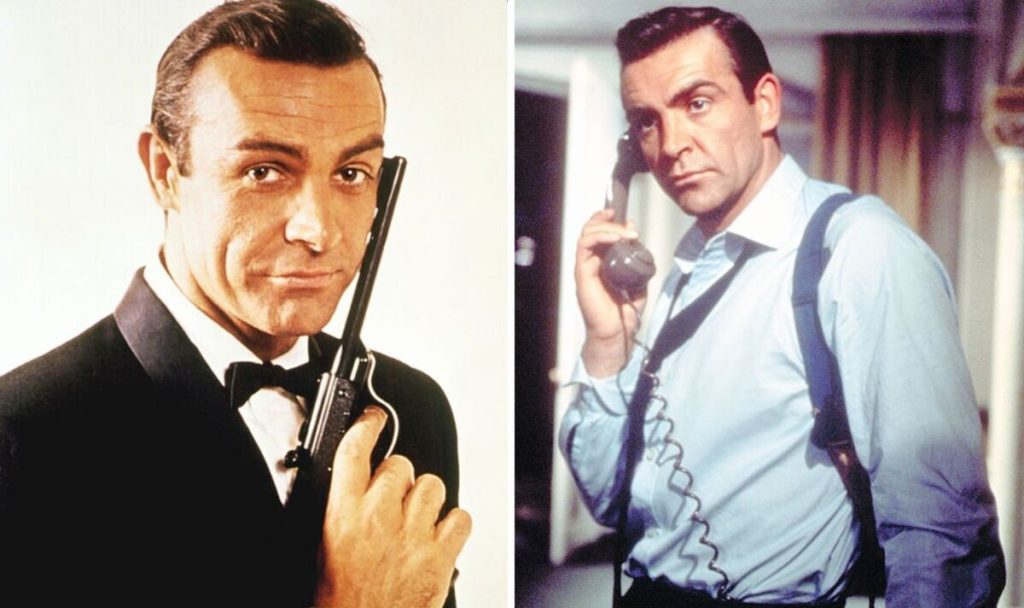
Last year, Ian Flemings Publications released newly censored versions of the original James Bond novels for the series’ 70th anniversary, after sensitive readers made changes to the text they deemed inappropriate for modern audiences.
And now the early 007 movies are facing similar scrutiny as the British Film Institute labels Sean Connery James Bond movies and other classics of the Sixties and Seventies with trigger warnings for potentially offended 21st-century cinemagoers.
As reported by the Daily Telegraph, the BFI’s cinema on London’s Southbank has warned visitors: “Please note that many of these films contain language, images or other content that reflect views prevalent in its time, but will cause offence today (as they did then).
“The titles are included here for historical, cultural or aesthetic reasons and these views are in no way endorsed by the BFI or its partners.”
The Connery Bond movies in question are 1964’s Goldfinger and 1968’s You Only Live Twice, with the latter including the warning “contains outdated racial stereotypes”.
Goldfinger features a scene where 007 physically forces himself on top of Honor Blackman’s Pussy Galore, before she succumbs to him.
Meanwhile, the Japan-set You Only Live Twice includes Connery in yellowface disguise. And in one scene the spy is told “In Japan, men come first, women come second”, to which Bond replies, ‘I just might retire to here.”
Other movies at the BFI with the trigger warning include Sir Michael Caine’s Deadfall and The Ipcress File. Peter Sellers’ 1960 crime movie Never Let Go has the alert to “racist attitudes and language”.
Additionally, Jon Voight and Dustin Hoffman’s 1960 classic Midnight Cowboy is warned as including “homophobic language and sexual violence.”
A spokesperson for the BFI said in response: “As a cultural charity with responsibility for the preservation of film and moving image work and presenting it to audiences, we continuously face and deal with challenges presented by the history of film and television programmes and how they reflect views prevalent to their time.
“Whilst we have a responsibility to preserve films as close to their contemporaneous accuracy as possible, even where they contain language or depiction which we categorically reject, we also have a responsibility in how we present them to our audiences. The trigger warnings/content warnings that we provide in all of our exhibition spaces and online platforms act as guidance that a film or work reflects views of the time in which they were made and which may cause offence.
“We continuously review our processes around the presentation of film and moving image work to make improvements and support audience trust. We listen to customer feedback and also continue to work closely with the BBFC and their classifications to give appropriate guidance. This work is by its nature on-going.”

 Latest Breaking News Online News Portal
Latest Breaking News Online News Portal




